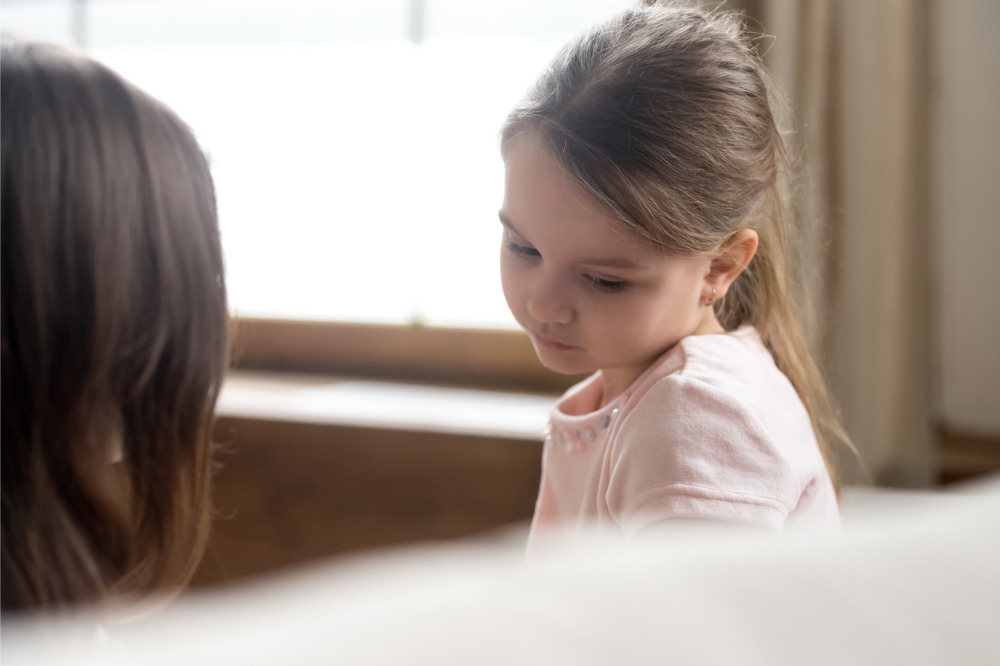
As the COVID-19 pandemic continues to take a toll on the lives of students, teachers and parents, there is an increasing awareness of how factors such as social isolation, sweeping changes and higher workloads are contributing towards mental health issues.
According to research by Headspace, 40% of young people feel that COVID-19 has impacted their confidence to achieve future goals. A separate study found one in four young people consider the pandemic to be “one of the most stressful experiences” of their lives.
Such reports of students’ worsening mental health issues have motivated increased efforts by schools, universities and governments to improve students’ mental health during this difficult time.
The NSW government recently announced plans to beef up counselling staff in public schools amid calls for increased support for students who are facing mental health issues during this difficult time.
Minister for Education Sarah Mitchell said the NSW government, through its sponsorship and scholarship programs, will be training more than 300 people to join the school counselling workforce between 2020 and 2023.
As schools, governments and communities continue to tackle the various issues associated with the pandemic, one academic says psychologists have identified some important ways in which parents can teach children how to cope with adversity – an idea commonly known as resilience.
In an article published in The Conversation, Vanessa LoBue, an assistant professor of Psychology at Rutgers University in Newark, US, explains why some kids thrive amidst serious challenges, while others are overwhelmed by them.
“Researchers in my field are working to identify what helps children overcome obstacles and flourish when the odds are stacked against them,” A/Prof LoBue wrote.
“It seems to come down to both support and resilience. Resilience is defined as the ability to spring back, rebound or readily recover from adversity”.
A/Prof LoBue cited to Ann Masten, a pioneer in developmental psychology research, who referred to resilience as “ordinary magic.”
“Resilient kids don’t have some kind of superpower that helps them persevere while others flounder,” she wrote.
“It isn’t a trait we’re born with; it’s something that can be fostered”.
The key factors that help kids build resilience
A/Prof LoBue said the same executive function skills that create academic success seem to bestow critical coping strategies.
“With the capacity to focus, solve problems and switch between tasks, children find ways to adapt and deal with obstacles in a healthy way. Controlling behaviour and emotions is also key,” she explained.
A/Prof LoBue pointed to a recent study which found that 8- to 17-year-olds who maintained emotional balance despite mistreatment were less likely to suffer from depression or other emotional problems.
“However, relationships seem to be the foundation that keep children grounded. ‘Attachment relationships’ provide a lifelong sense of security and belonging,” she noted.
“A parent’s or caregiver’s consistent support and protection is crucial for healthy development and the most important of these relationships. Other caring adults can help: friends, teachers, neighbours, coaches, mentors or others”.
A/Prof LoBue said that having steadfast support lends stability and helps kids build self-esteem, self-reliance and strength.
“Ruth Bader Ginsburg is an icon of resilience. She grew up in a Brooklyn working-class neighborhood and lost her mother – her main support figure – to cancer before graduating from high school,” she wrote.
“She persevered, graduated first in her class at Cornell University and ultimately became one of only four women to serve on the Supreme Court. Another example is John Lewis, who was the son of sharecroppers in segregated Alabama, yet become a pioneer in the civil rights movement and served 33 years in Congress”.
How to encourage resilience at home
A/Prof LoBue highlighted some of the ways in which parents can help their children build resilience.
“Allowing children to talk – and really listening – shows caring and acceptance, validates their feelings and helps them contextualize issues,” she wrote.
“Sometimes the answer is allowing kids some degree of autonomy. Trusting them to try things on their own – and even fail – can help them learn to solve problems or deal with anger, disappointment or other uncomfortable emotions”.
She said “calm breathing” techniques offer another tool that helps children control emotions.
“It’s important to note that many children face not just one but many hardships. For example, kids who live in poverty may have less present or less competent parents; have high daily levels of stress; suffer hunger, poor nutrition or live in crowded conditions, with few parks; have no health care; study in substandard schools; and have greater likelihood of abuse,” she explained.
“Community-level interventions can help reduce risks while helping children build resilience”.
A/Prof LoBue said these initiatives can provide better living circumstances through affordable housing and improve health by reducing pollution.
“Strong programs can engage teachers, parents and community members build a stable support system for local children,” she wrote.
“Classes in ‘social and emotional learning’ have been gaining traction in schools. This curriculum teaches children to understand and manage their feelings, develop empathy for others, make responsible decisions and solve problems”.
A/Prof LoBue said these programs yield tangible results.
One analysis of 270,000 participants showed that students raised their grades by an average of 11%. Other studies revealed that fewer participants dropped out of school, used drugs or engaged in criminal activity – and school behaviour improved.
A/Prof LoBue said helping children build resilience is particularly critical now, as people face particular turbulence in daily life.
“Parents, too, need to guard their mental health in order to provide kids with crucial support: Building resilience isn’t just kid stuff. More than 5 million kids in the U.S. experience some kind of trauma each year. Thousands more live with chronic stress,” she wrote.
“So, amid a global pandemic, it’s more important than ever to provide children with as much support and ‘ordinary magic’ as we can”.


